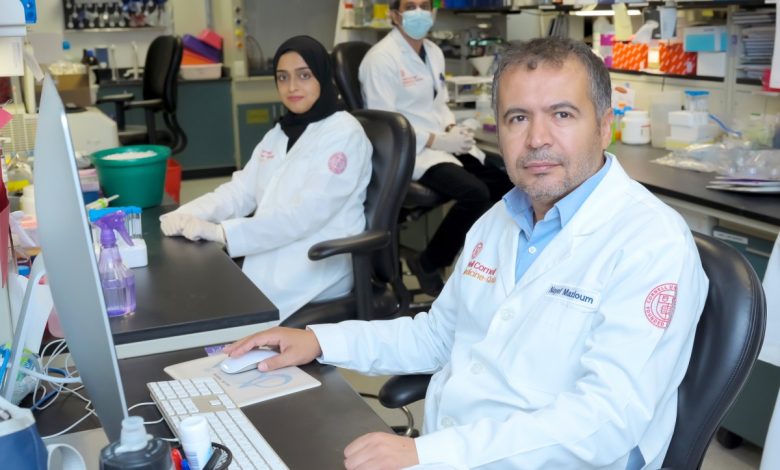WCM-Q researchers identify mechanisms driving inflammation in type 2 diabetes, cancer, and obesity

New findings concerning the mechanisms by which fat cells harmed by obesity release damaging inflammatory chemicals that can cause insulin resistance and ultimately result in type 2 diabetes have been made by scientists at Weill Cornell Medicine-Qatar (WCM-Q).
Preadipocytes, which are the forerunners of fat cells, were the subject of the study, which was directed by Dr. Nayef Mazloum of WCM-Q. Some preadipocytes in obese people instead become senescent, or prematurely old, fat cells rather than developing into normal, healthy fat cells. They start to release more inflammatory cytokines when they are in this dysfunctional senescent condition. Insulin resistance and type 2 diabetes have been linked to elevated levels of these inflammatory chemicals.
Dr. Mazloum’s research group intentionally damaged the DNA of preadipocyte cells to cause them to become senescent in order to examine the processes behind this inflammatory activity. Then, they concentrated on a particular class of membrane-bound cell receptors known as purinergic receptors or purinoceptors. These purinoceptors interact with extracellular “danger-signaling” molecules (called agonists), such as a set of structurally related chemicals known as ATP, ADP, and adenosine, to regulate the activities of cells.






